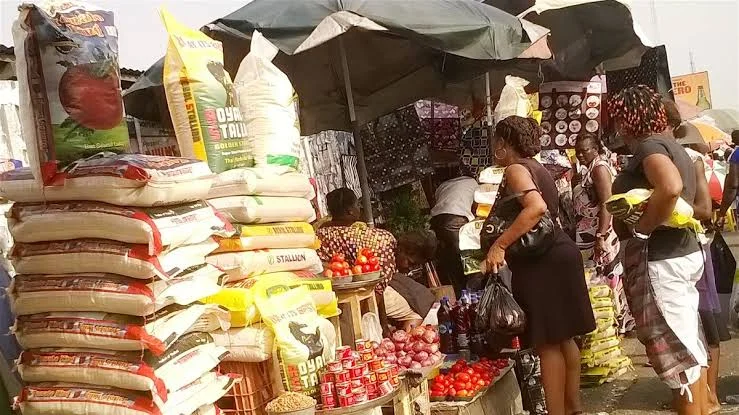Experts Seek Introduction Of Commodity Board To Control Inflation
To buttress the call, Hamisu Gumel, a media aide to Gov. Umar Namadi of Jigawa, said the state government had initiated viable irrigation schemes in line with its agriculture transformation programme.

